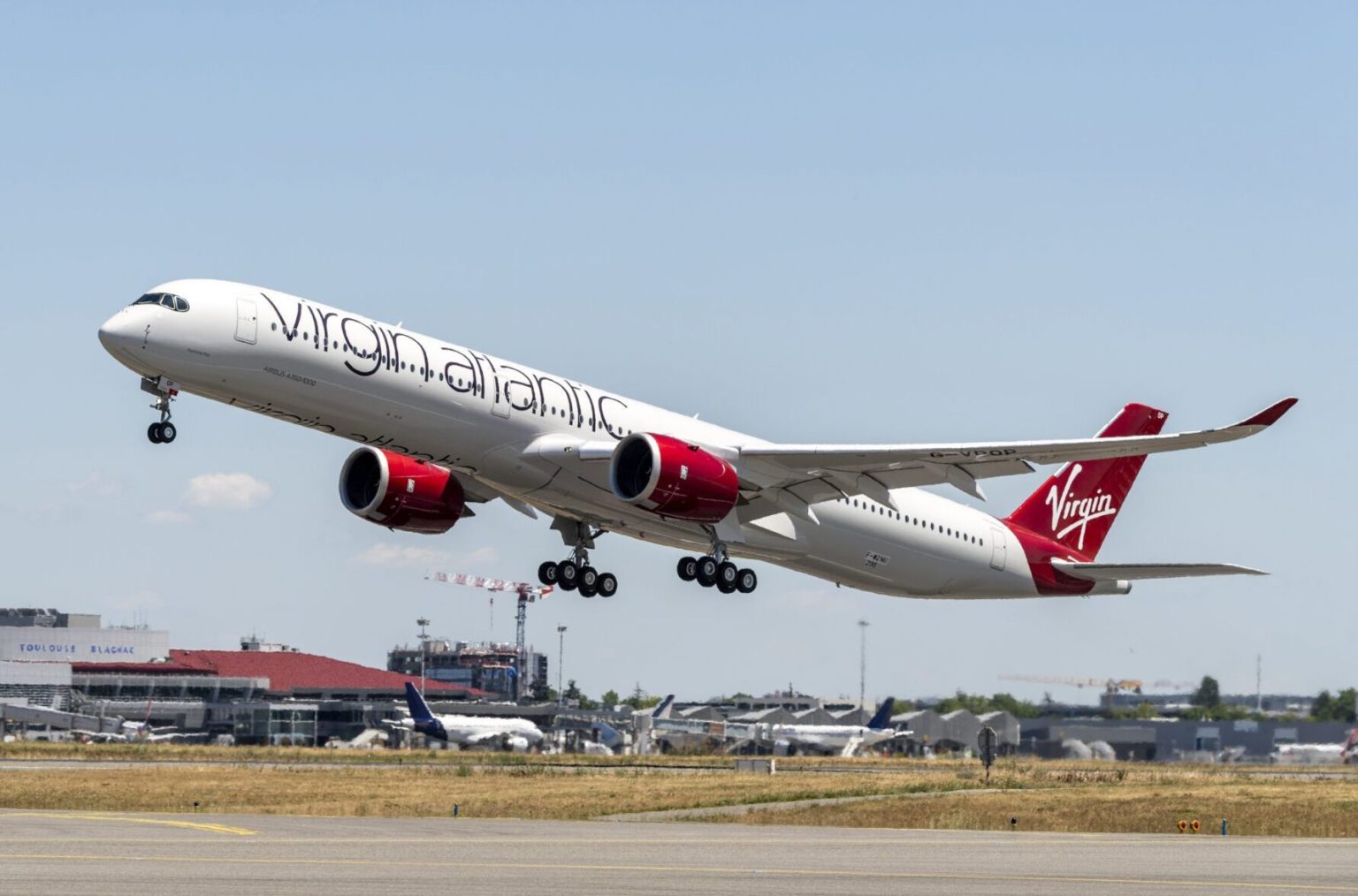The recent tensions in the Middle East have led to airlines reevaluating their routes and networks. Initially, airspace closures over Israel, Lebanon, Jordan, Iraq, and Iran caused disruptions to flights in the region and long-distance journeys that pass through these countries. By Monday, the situation had stabilized, and temporary airspace bans were lifted. The European Union Aviation Safety Agency confirmed that there was no overflight risk for civil aviation at any time.
Many major airlines, including Virgin Atlantic, have made changes to their routes to avoid areas of conflict. Virgin Atlantic adjusted its routes to India to avoid airspace over Iraq, Iran, and Israel. Other airlines, such as British Airways, Qantas, KLM, and Singapore Airlines are also avoiding Iranian airspace. The Lufthansa Group has suspended flights to Lebanon and Iran until at least Thursday.
Some European airlines have canceled flights to Tel Aviv, including EasyJet, KLM, Iberia, Wizz Air, and Aegean. United Airlines, the only U.S. carrier to resume scheduled flights to Israel after the escalation, had to cancel its service to Tel Aviv on Monday. In contrast, Middle Eastern carriers like Emirates and Etihad have resumed flying over Iraq and Iran, with some even restarting flights to Iranian cities like Mashhad.
Airlines are balancing safety and operational needs as they navigate through potentially hazardous airspace. The largest Middle Eastern carriers have built their business models around efficient hub transfers, making Iraqi and Iranian airspace critical for their long-haul routes. While the European Union Aviation Safety Agency advises caution when flying in Iran due to potential misidentification risks, airlines like Etihad emphasize that safety remains their top priority.
The Skift Travel 200 Index tracks the financial performance of nearly 200 travel companies, including airlines, across global markets. Airlines are a significant component of the index, which includes both network carriers and low-cost carriers. The performance of airline sector stocks within the index reflects the current challenges and opportunities facing the industry amid geopolitical tensions and other external factors. As airlines continue to monitor the situation in the Middle East, their decisions regarding flight routes and operations will be influenced by a combination of safety considerations and operational requirements.
Overall, the airline industry is adapting to the changing environment brought on by recent events in the Middle East. As airlines navigate through airspace restrictions and safety concerns, they are making adjustments to their routes and operational procedures to ensure the safety and security of passengers and crew. The ongoing monitoring of security and geopolitical developments will inform future decisions made by airlines as they strive to maintain operational efficiency while prioritizing safety in a complex and dynamic global aviation landscape.


